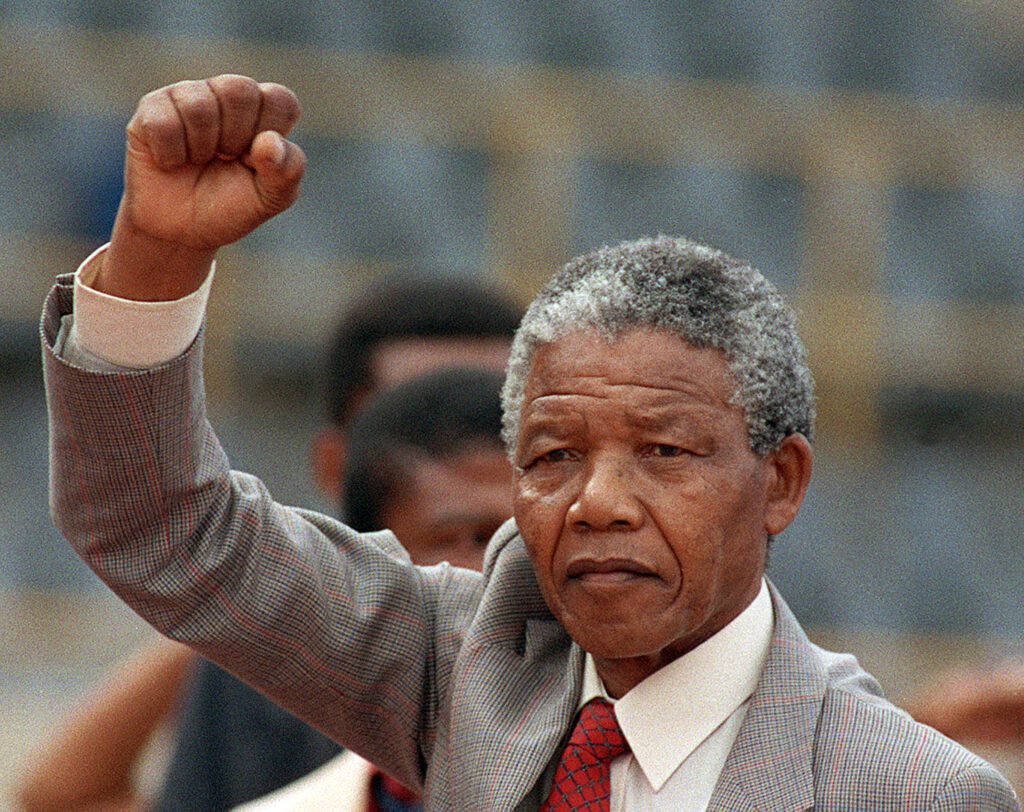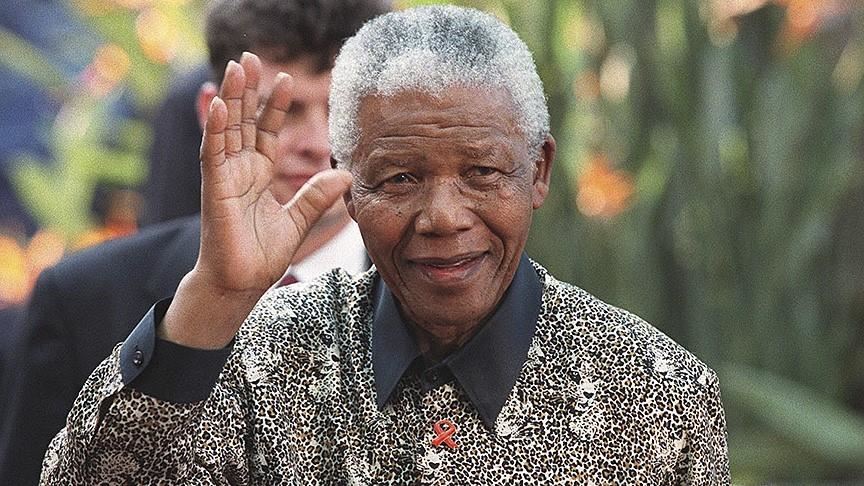The release of unbiased leader- Nelson Mandela
A brief history of Nelson Mandela’s life and the key moments of his extraordinary life
Nelson Mandela was released on 11 February 1990 from Cape Town’s Victor Verster Prison. This is the most remarkable symbol of South Africa’s end to apartheid. He took the world’s attention with his dramatic exit from the prison door, hand in hand with his wife Winnie.
Nelson Mandela was arrested in 1962. He was imprisoned for 27 years. For 18 years, Mandela was exposed to the harsh conditions of Robben Island. By the late 1970s, Mandela became a sign of oppression in South Africa. ‘Free Nelson Mandela’ became a global campaign during the 1980s.

The new South African President, FW de Klerk, released Nelson Mandela as an act of political courage. However, the decision of de Klerk and its execution marked the end of decades of political, economic, and social reform that led to the collapse of Apartheid.
What was Apartheid?
Apartheid was a legal framework that maintained the policies of discrimination toward South Africa’s non-white people. When the South African National Party gained power in 1948, the entire White Government soon started imposing established racial segregation policies. Under apartheid, non-White South Africans will have to live and use separate government services in totally different areas from white people. There will be little communication between both of the parties.
Apartheid was abolished in 1991, and South Africa held its first democratic elections three years later, where both black and white people were allowed to vote.
The unbiased Presidency of Nelson Mandela.
Nelson Mandela was elected as the president of the African National Congress (ANC) in 1991 and his friend and colleague, Oliver Tambo, became the chairperson of the African National Congress.
Mandela kept negotiating with President F.W. for the first non-racial election to take place in Africa. The First Plenary Session of the Convention for Democratic South Africa (CODESA I) started at the World Trade Center in Johannesburg on December 21, 1991. The First Plenary Session of the Convention for Democratic South Africa (CODESA I) started at the World Trade Center in Johannesburg on December 21, 1991. White South Africans were ready to share power, but Black South Africans wanted full power.
Mandela and de Klerk were awarded the Nobel Peace Prize in 1993 for their efforts to eradicate apartheid. They both succeeded in negotiations between blacks and whites. The first democratic elections were held in South Africa on 27 April 1994. The African National Congress was declared as the winner amongst the participating parties.

Nelson Mandela was sworn into office as the first black president of South Africa on 10 May 1994, at the age of 77. F W de Klerk became the first deputy minister of Mandela. Although the African National Congress won the elections with a majority of votes, Mandela was led by the Government of National Unity (GNU).
Mandela wrote an autobiography entitled “Long Walk to Freedom” in 1994, which was written secretly in jail. In 1995, he won the Order of Merit from FIFA for bringing South Africa back into International Football. He has published a series of books on his lives and struggles, including “No easy walk to freedom, Nelson Mandela: the struggle is my life” and “Nelson Mandela’s Favorite African Folktales.”
Mandela worked to prevent the collapse of the economy in South Africa during his Presidency. He firmly believed and expressed his desire to resolve the economic legacy of apartheid: poverty, inequalities, unequal access to social services and infrastructure, in the economy of South Africa that has been in recession for almost two decades.
Education as a tool of empowerment.
However, Mandela respected formal education limitations. While he earned both a Bachelor of Arts and a law degree. Nelson Mandela also was a great education champion, he felt that it was a force of education that can change the world. His enthusiasm for education resulted from his experiences that he developed and subsequently battled against the inequality of blacks in Apartheid in South Africa.
The Mandela Institute of Education and Rural Development was formed as one of his legacies. This Institute has been created to assist children in poor rural areas to provide quality of education where infrastructure does not support it. The institute works with locals to renovate schools and train teachers.
In 999 after Mandela turned down his presidency. The Nelson Mandela Foundation then collaborated with UNICEF to build Schools for Africa, an education initiative programme in 13 countries of Africa. The collaboration develops classrooms, looks into problems of students, teachers and helps poor children access schools. Since its inception in 2005, the Schools for Africa have offered better education to more than 30 million children.
Recognition of ’Mandela Day’
Every year on 18 July, Nelson Mandela International Day is celebrated with a significant contribution to society. Everyone has the potential to improve society for the better! The Journey of Mandela is an opportunity for all to take a stand.
Read more: Article 76- The Attorney General of India
In November 2009, The UN General Assembly proclaimed 18 July “Nelson Mandela International Day ” as a celebration of the former South African President’s contribution to the culture of peace and democracy. The General assembly passed a resolution containing Mandela’s values as well as his contribution to the service of humanity in settlement of conflicts, race relations, advocacy and defence of human rights, reconciliation, equal rights between men and women and other disadvantaged groups, fighting poverty and promoting social justice. The resolution honours his contribution globally to the fight for democracy and the development of a culture of peace worldwide.
Nelson Mandela died on 5 December 2013, at Johannesburg. During the tenure of his commitment to freedom, equality and learning never wavered. He never replied with racism despite terrible provocation. His life inspires everyone who is oppressed and deprived; and all those who condemn injustice and deprivation.
Check our Instagram : Ownguru
Facebook : Ownguru
If you have an interesting write-up or any suggestion, write to us at ownguru@gmail.com
